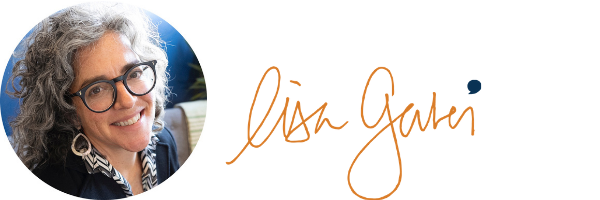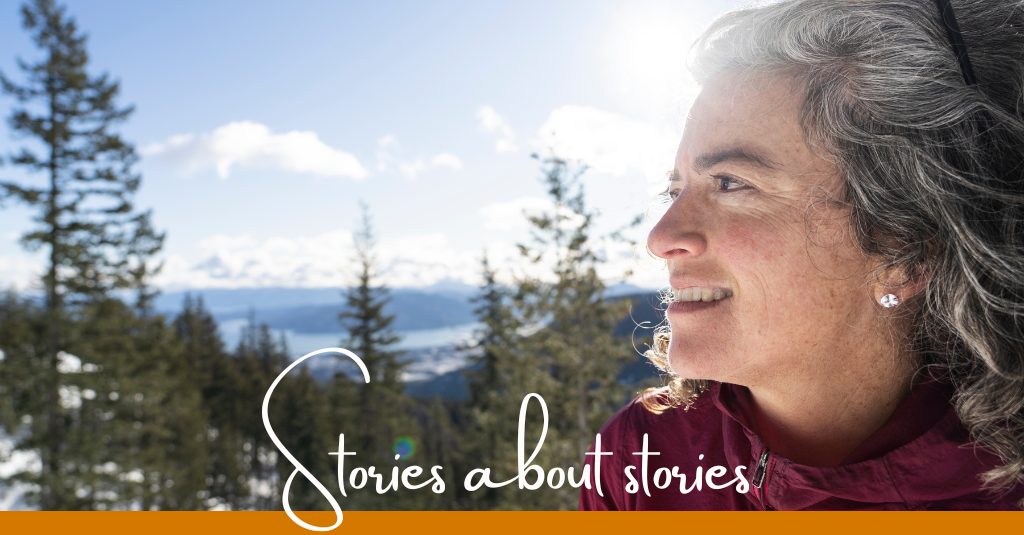“What is on your mind?” Facebook offers a prompt to get you to post. This is a very strategic approach if you want to engage people, said Michael Bungay Stanier in The Coaching Habit.
The question is effective if you genuinely want to get to the heart of a matter and avoid the small talk. Asking, “How are you?” doesn’t do that, and what’s on your mind invites the recipient to share more deeply.
I decided to test it out: I asked my husband this morning while walking on a crisp wintry morning. I broke the several minutes of silence, each of us lost in our thoughts, with
“What’s on your mind?”
He said, “We saw a grouse in the apple tree before you came out.”
I was glad to hear those apples that I never harvested weren’t going to waste.
And it was far more interesting than, “how are you?” which generally elicits a “fine, how are you?”
Curiosity is the door to understanding, and when we open that door, it changes how we show up in our engagement with others.
What that looks like is instead of listening to reply, as Stephen Covey says in his Seven Habits of Highly Effective People, we listen to understand.
Think about this for a moment. What does that look like? Instead of replying with your lived experience, which is our tendency, what if you paused a moment and tugged on an opening to learn more?
A friend you haven’t seen in six months texts saying:
“I’m excited for the snow and our soon-to-be Tuesday night skate skis, but I haven’t been doing anything aerobic for the past few months, and I will be sucking wind!”
Your initial reaction may be to reply with your own experience, as I did – that you are also way out of shape. The conversation pauses.
A few minutes later, I wondered:
Why hasn’t she been doing anything aerobic? I followed my curiosity and learned about her new job and the exciting work she’s focused on.
Now bring this to your workplace:
What do you really know about your co-workers?
Out of college, I worked in the Georgian Room waiting tables. Morning shifts started at 5 am to be ready by 6 am when high-powered business people came in for breakfast in a rush to get to their first meeting. So when the busboy no-showed, I was angry and resentful, because it left me with a lot of extra work early in the morning. At the end of the shift, our manager gathered us to tell us he had died in a car accident on the way to work. I was horrified at my behavior and incredibly saddened. His name was Tenzin, and he was from Tibet. I later learned his four-year old son is recognized as the reincarnation of a Buddhist monk and traveled to Tibet a year later to be enthroned as a lama.
I didn’t know anything about Tenzin. He was just someone I worked with side by side, never showing any interest in his life or his family. I saw him as someone who made my work easier. Had I asked him a few questions, I would have learned this story first-hand rather than reading it in the New York Times.
He would have been someone who made my work richer, not easier.
I start every storytelling workshop with a curiosity exercise to shift the energy in the room. To connect people who know each other but not as well as they thought, or didn’t know each other, and now know something really interesting about them.
These seemingly small things, answers to simple questions, give others tiny openings. They are the little plastic tab that helps you open difficult-to-open packages and give people the opportunity to learn more and make meaningful connections.
I’ll end with another question because I’d like to get to know you. What here has been most useful for you?
Take care out there.

Some ways I may be able to help you and your team:
Need Guidance And Accountability? Take a big leap: I advise purpose-driven individuals who want to make a big change, level up their career, start a new chapter, or launch a thing. I still have a few spaces available in November for my Take a Big Leap Advisory program. Respond here, and we can schedule a time to discuss.
Help Non-Profit Team Members Level Up their Storytelling. In my storytelling workshops, teams learn how to more strategically find and tell stories that engage the communities they serve, increase funding and effect change.
Contact me for details.
Stay in touch.
Sign up for our newsletter / podcast to get emails of great stories like this.
[ssba]
В этом ресурсе вы можете отыскать боту “Глаз Бога” , который позволяет собрать всю информацию о любом человеке из общедоступных баз .
Этот мощный инструмент осуществляет анализ фото и раскрывает данные из онлайн-платформ.
С его помощью можно узнать контакты через официальный сервис , используя автомобильный номер в качестве ключевого параметра.
проверить автомобиль по номеру
Алгоритм “Глаз Бога” автоматически обрабатывает информацию из проверенных ресурсов, формируя исчерпывающий результат.
Пользователи бота получают 5 бесплатных проверок для ознакомления с функционалом .
Платформа постоянно совершенствуется , сохраняя скорость обработки в соответствии с требованиями времени .
Коллекция Nautilus, созданная мастером дизайна Жеральдом Гентой, сочетает спортивный дух и высокое часовое мастерство. Модель Nautilus 5711 с автоматическим калибром 324 SC имеет 45-часовой запас хода и корпус из белого золота.
Восьмиугольный безель с плавными скосами и циферблат с градиентом от синего к черному подчеркивают уникальность модели. Браслет с H-образными элементами обеспечивает удобную посадку даже при повседневном использовании.
Часы оснащены индикацией числа в позиции 3 часа и сапфировым стеклом.
Для версий с усложнениями доступны секундомер, вечный календарь и индикация второго часового пояса.
Приобрести часы Patek Nautilus здесь
Например, модель 5712/1R-001 из красного золота 18K с механизмом на 265 деталей и запасом хода на двое суток.
Nautilus остается предметом коллекционирования, объединяя современные технологии и классические принципы.
Здесь можно получить сервис “Глаз Бога”, что найти сведения по человеку через открытые базы.
Бот функционирует по фото, обрабатывая публичные материалы онлайн. С его помощью можно получить 5 бесплатных проверок и полный отчет по фото.
Сервис актуален на август 2024 и охватывает аудио-материалы. Сервис поможет найти профили по госреестрам и отобразит результаты мгновенно.
глаз бога телеграм бесплатно
Данный бот — идеальное решение в анализе людей через Telegram.
Нужно собрать информацию о пользователе? Наш сервис предоставит детальный отчет мгновенно.
Используйте продвинутые инструменты для поиска публичных записей в открытых источниках.
Выясните место работы или активность через систему мониторинга с верификацией результатов.
глаз бога информация о человеке
Система функционирует в рамках закона , используя только общедоступную информацию.
Получите расширенный отчет с геолокационными метками и графиками активности .
Доверьтесь надежному помощнику для исследований — точность гарантирована!